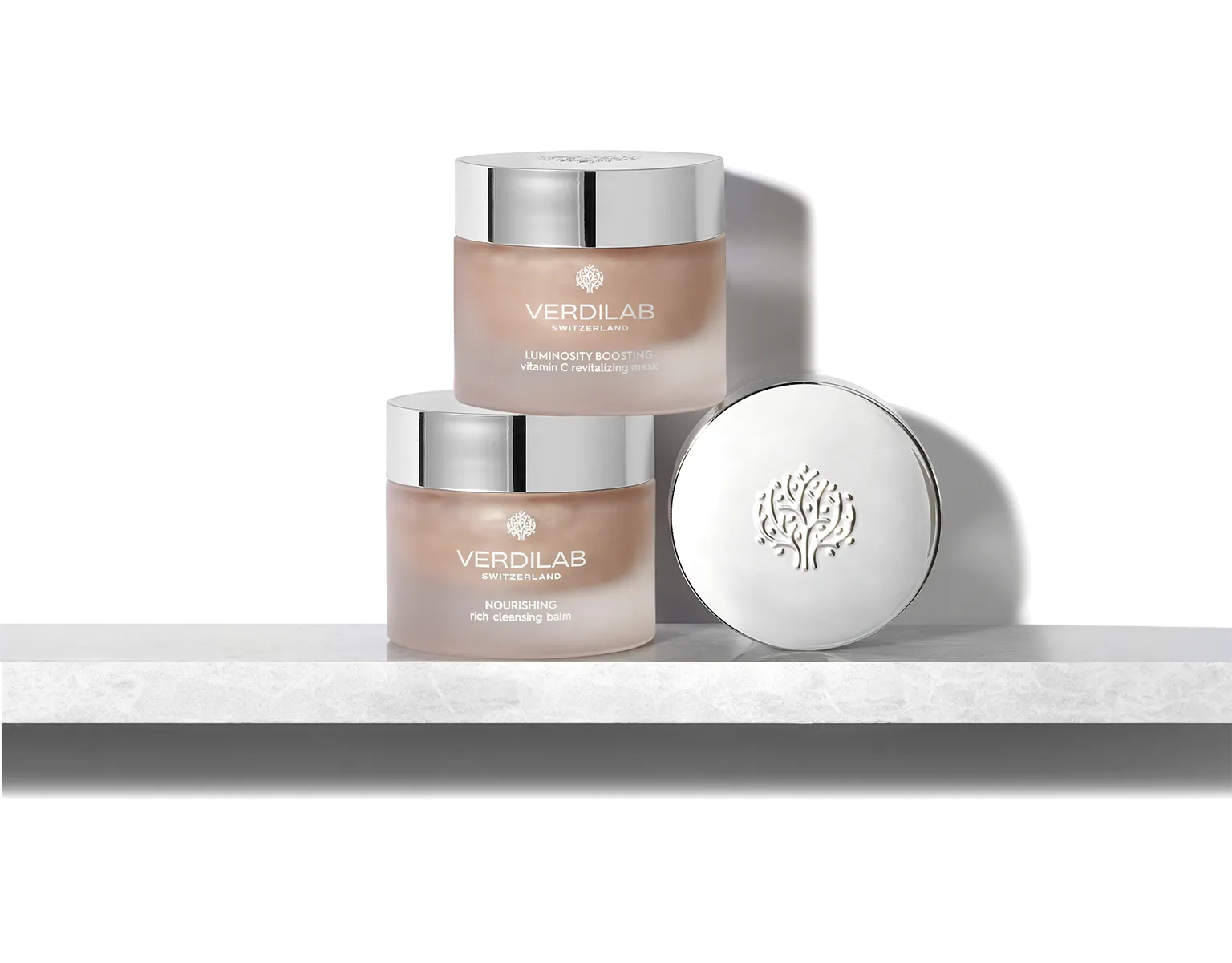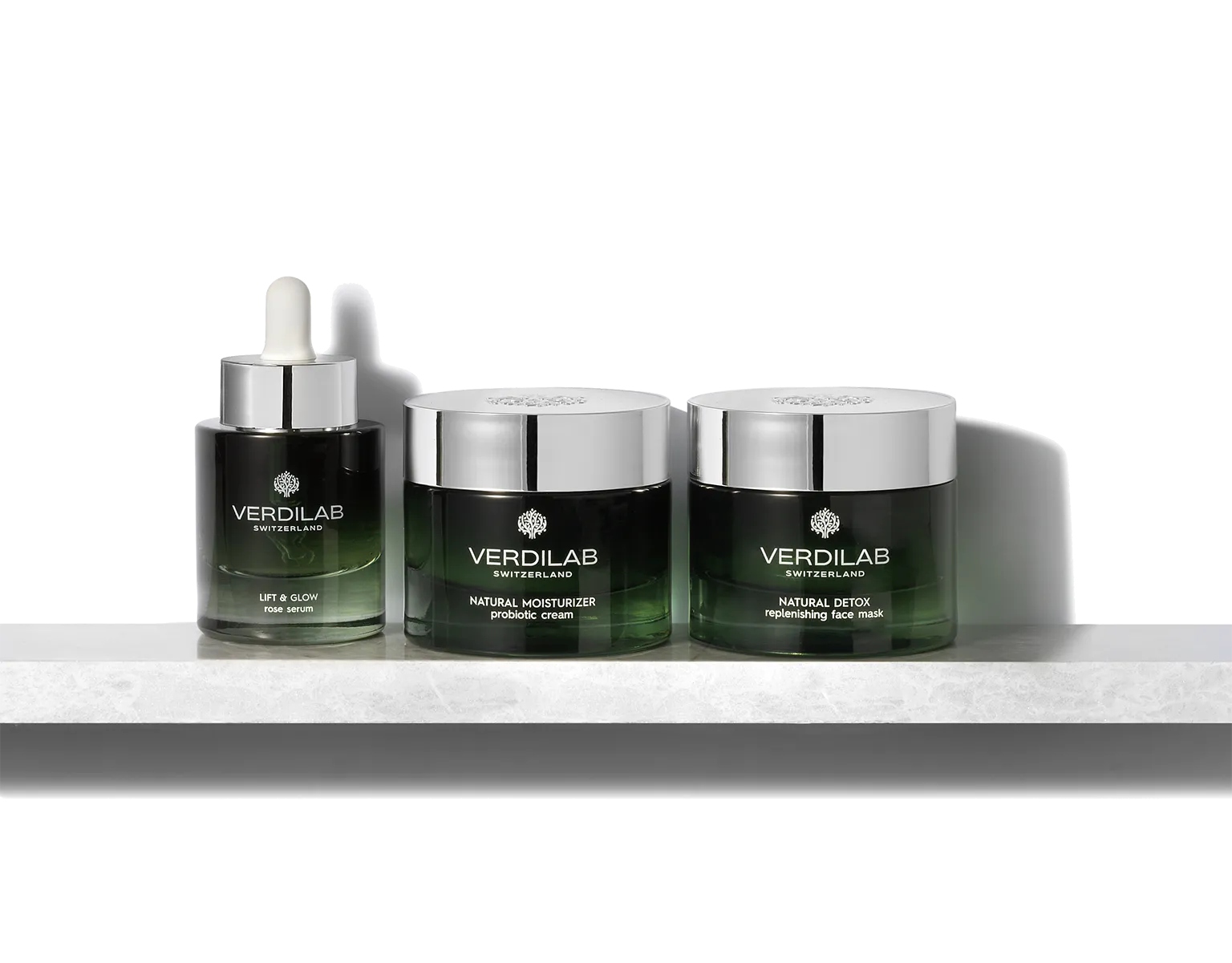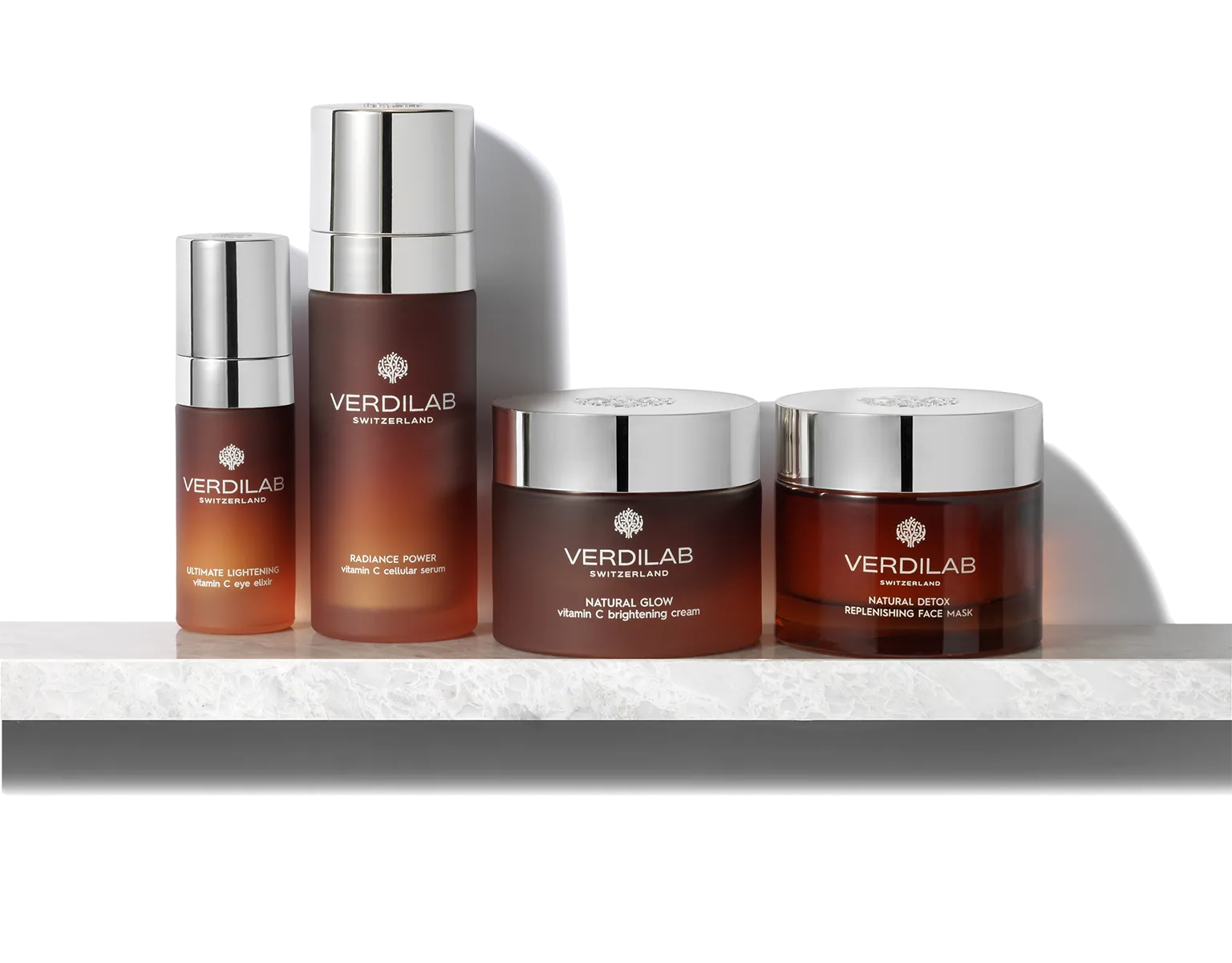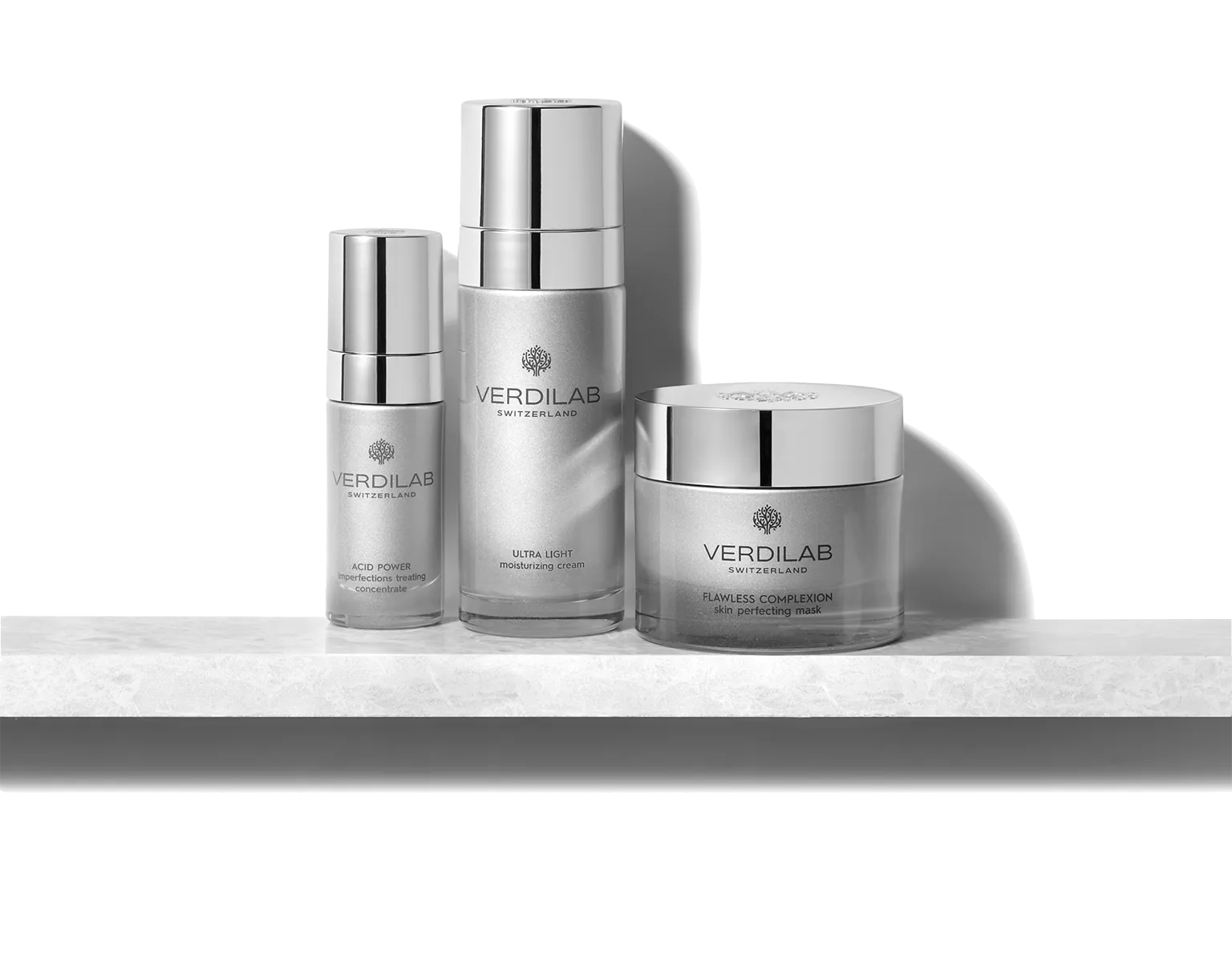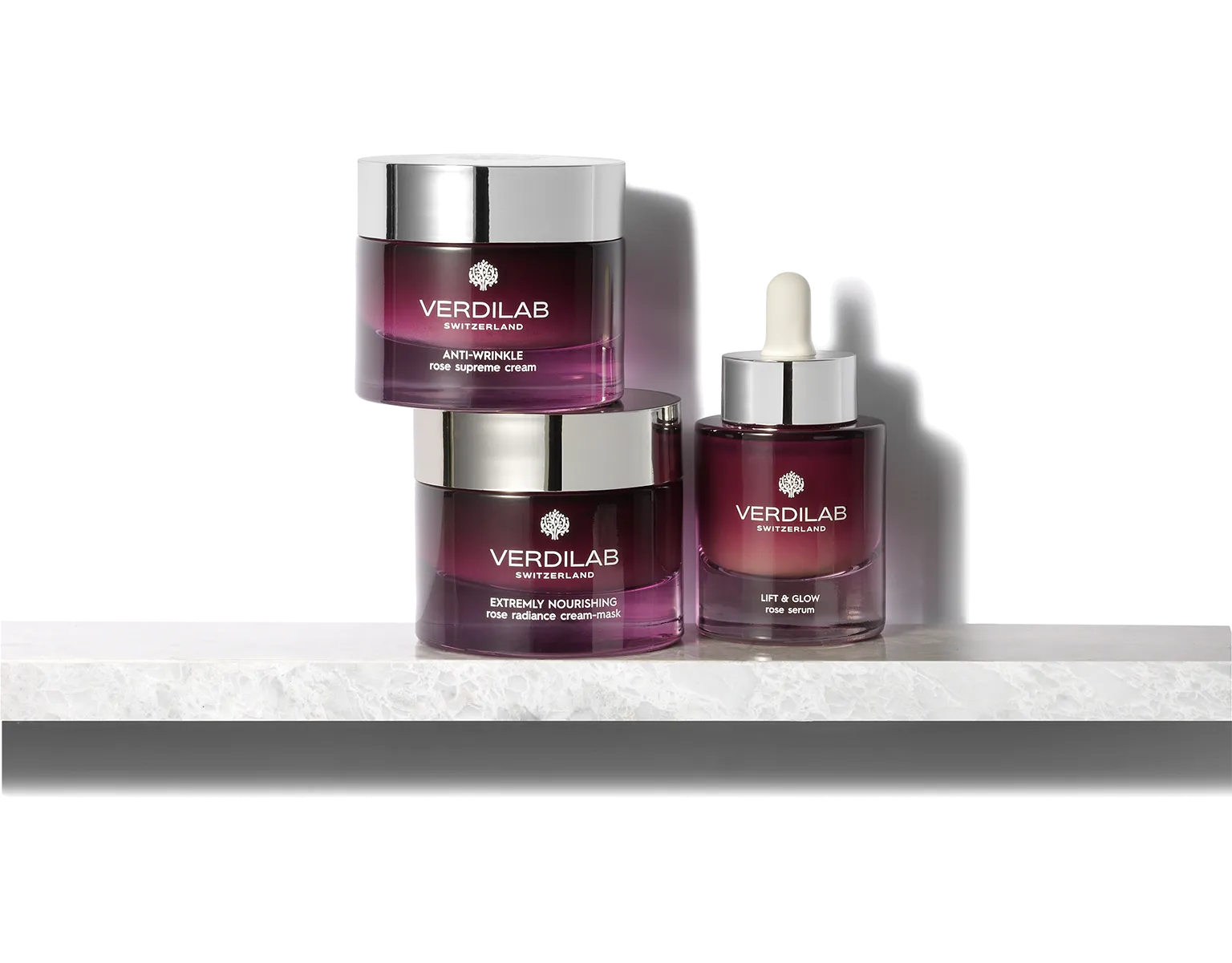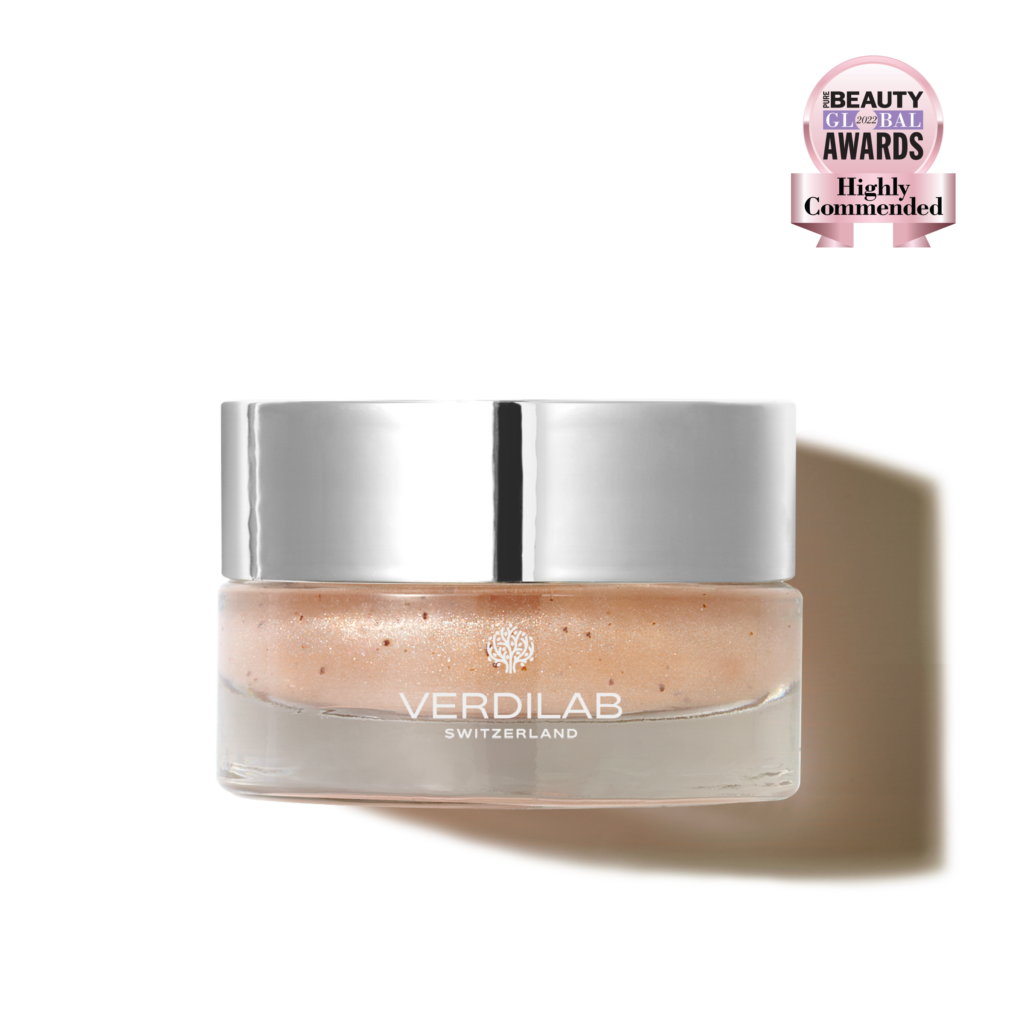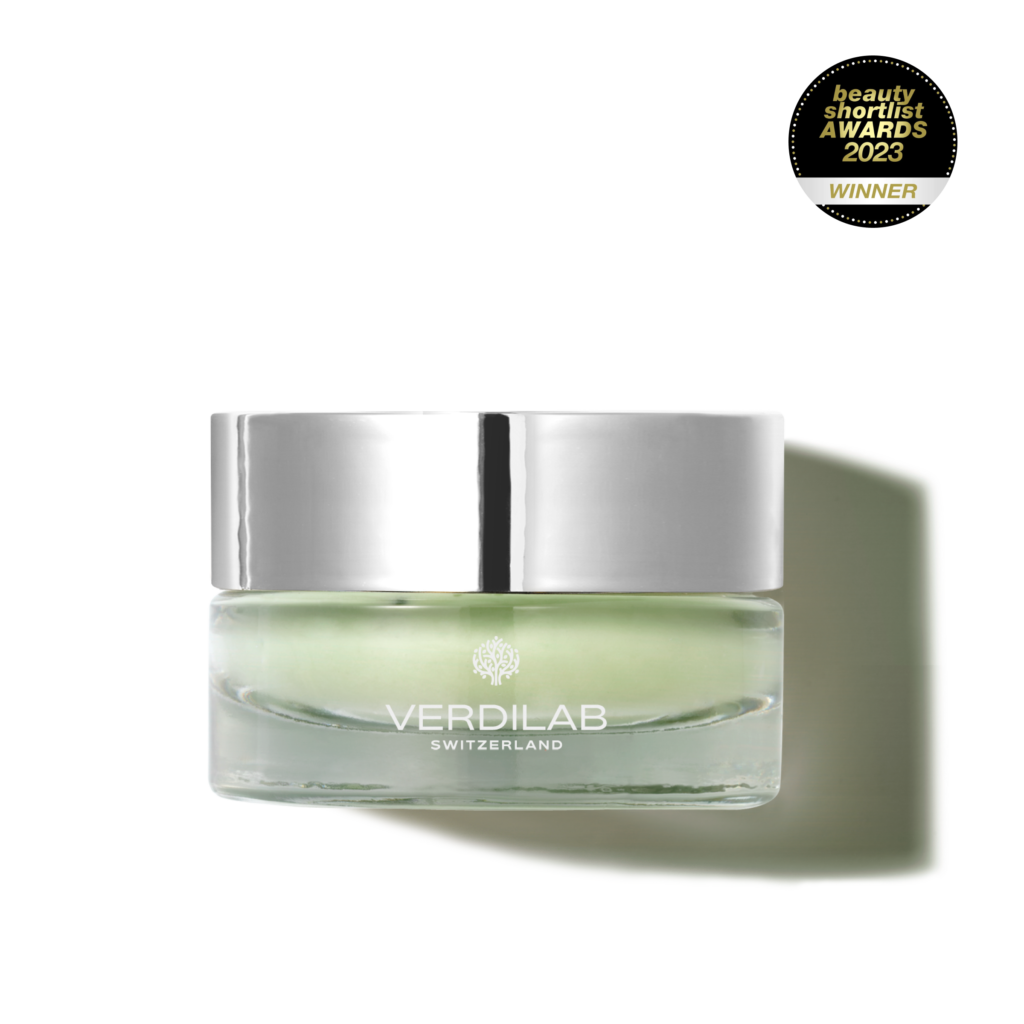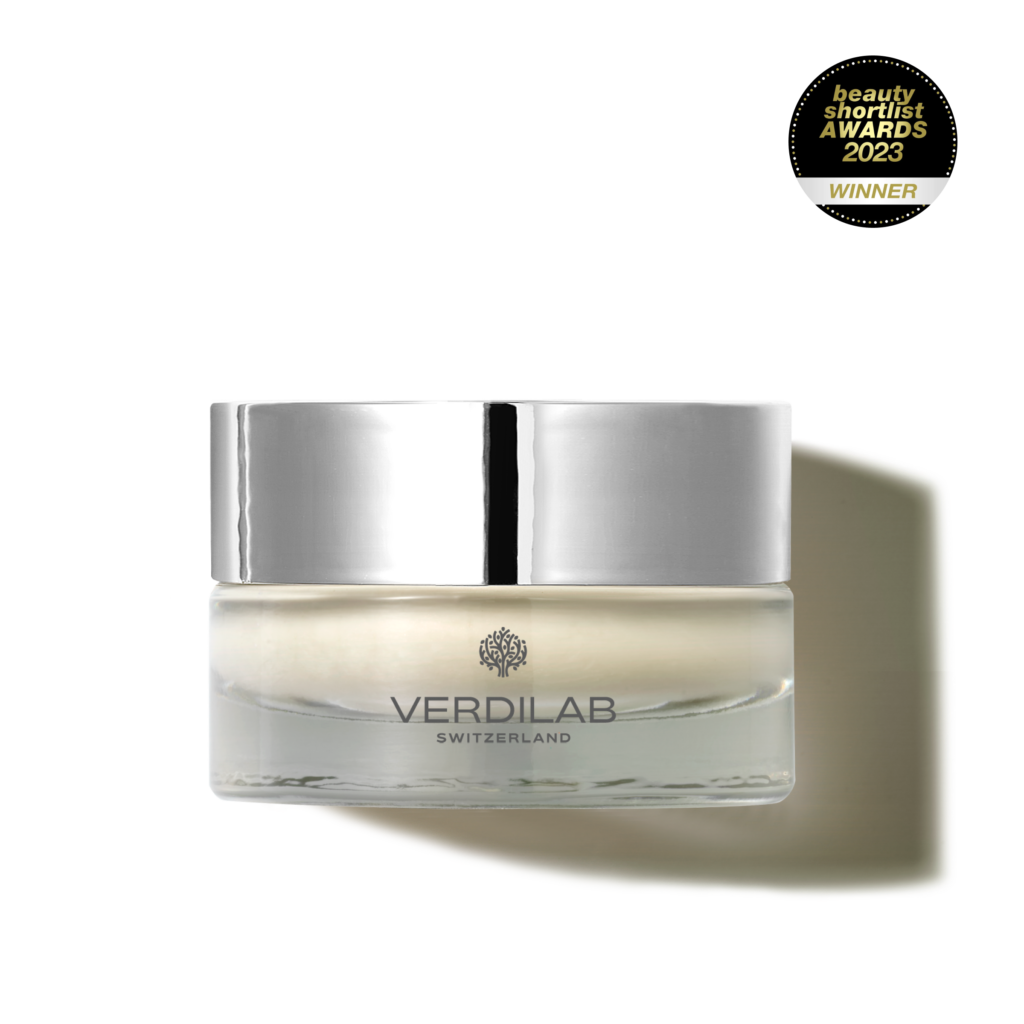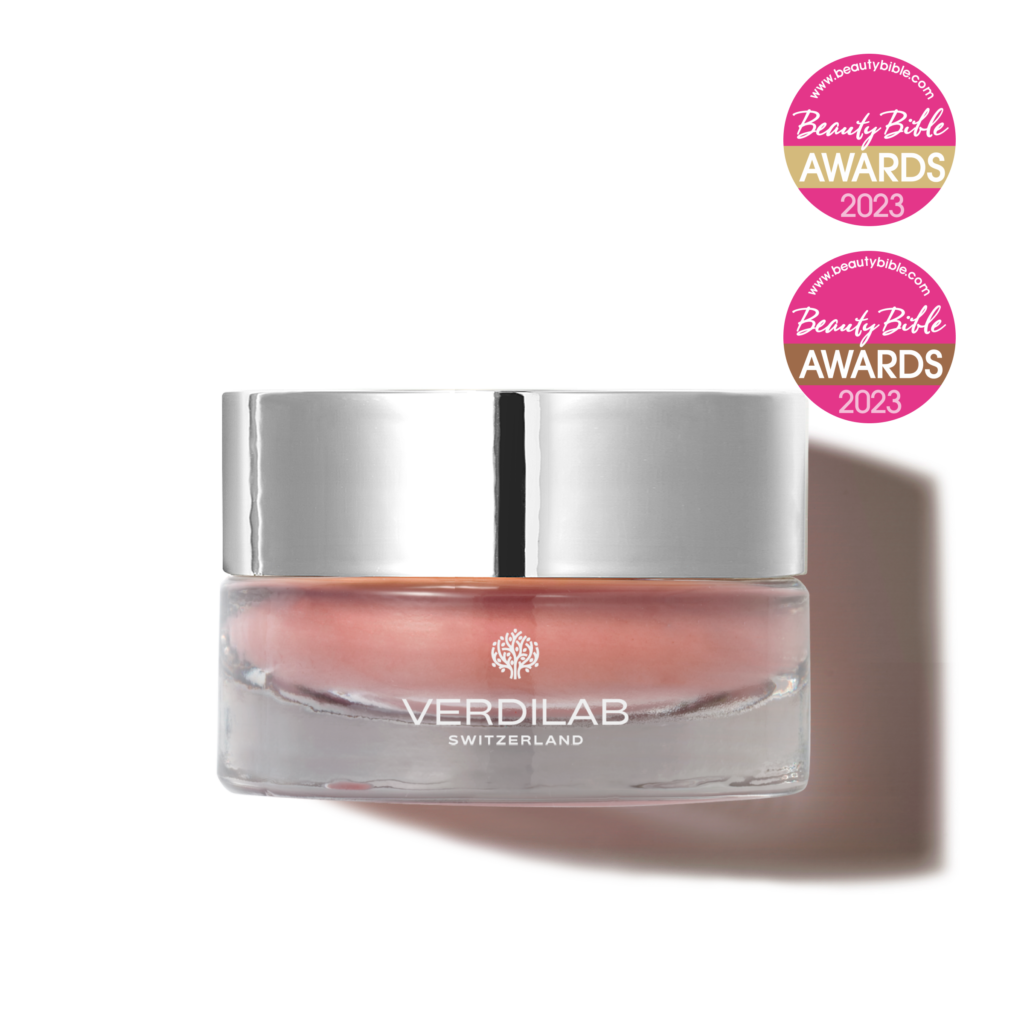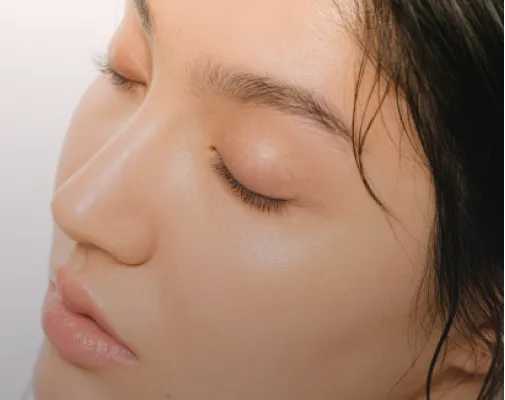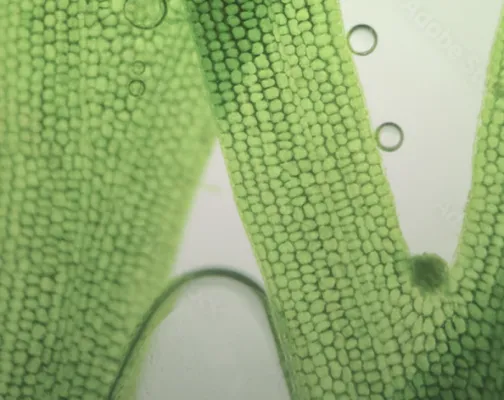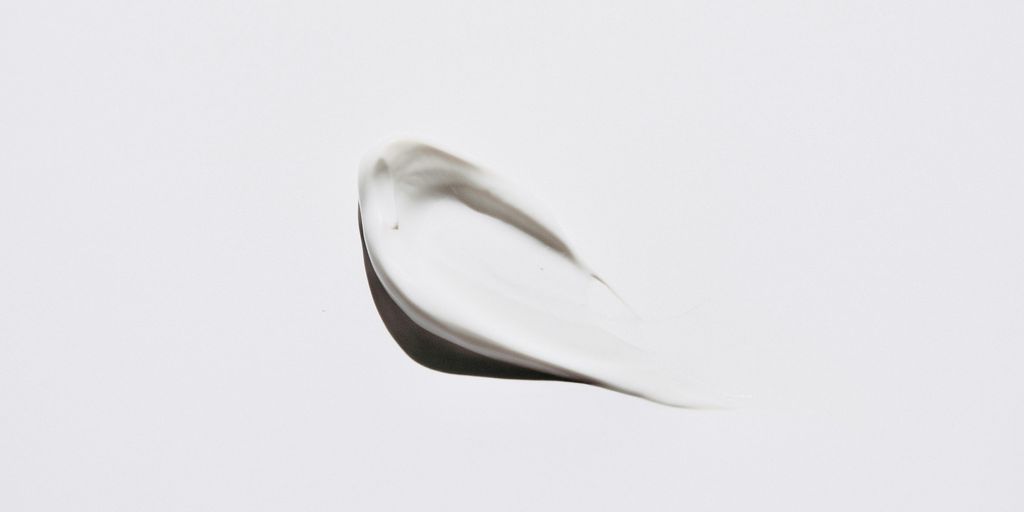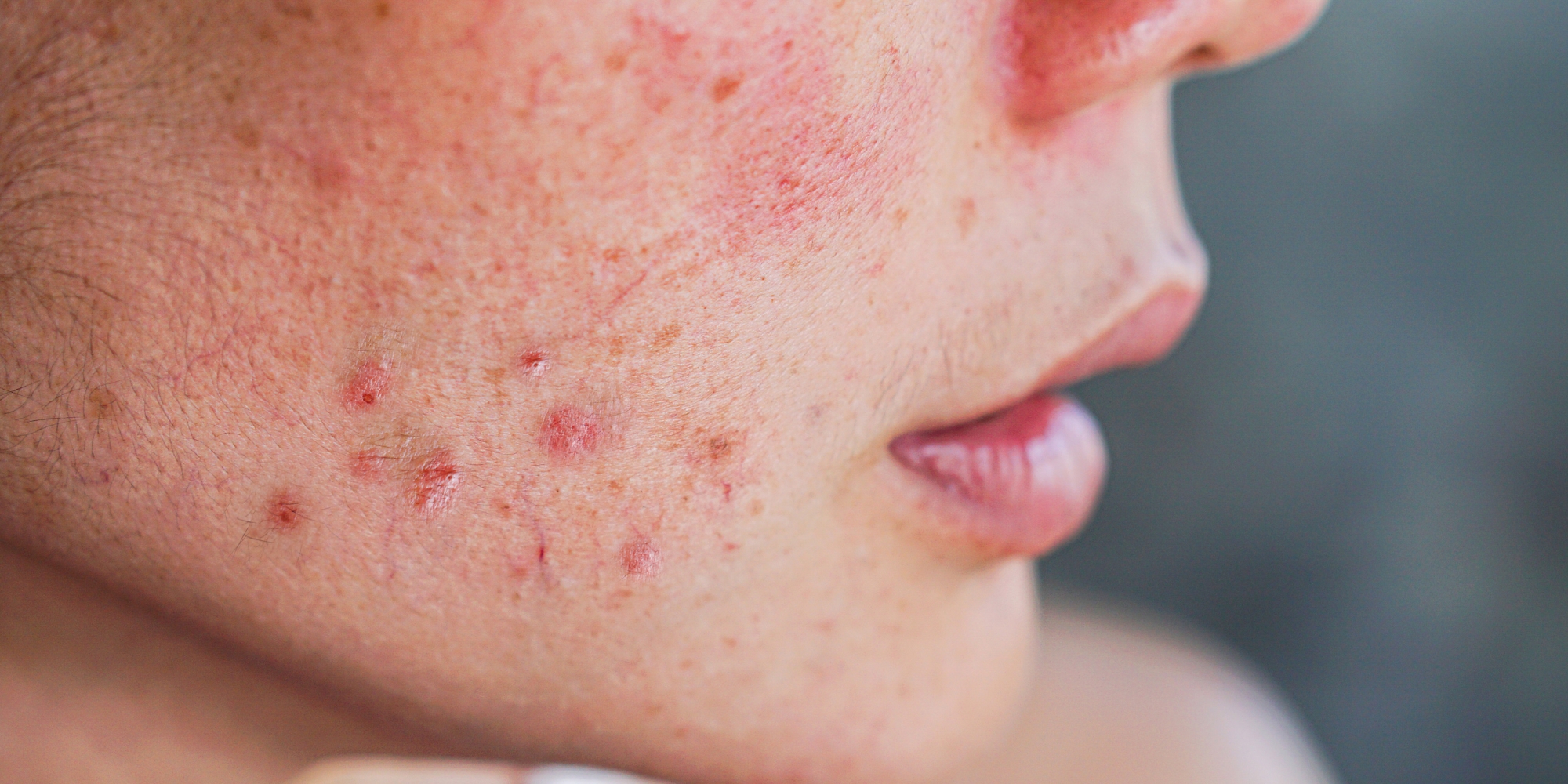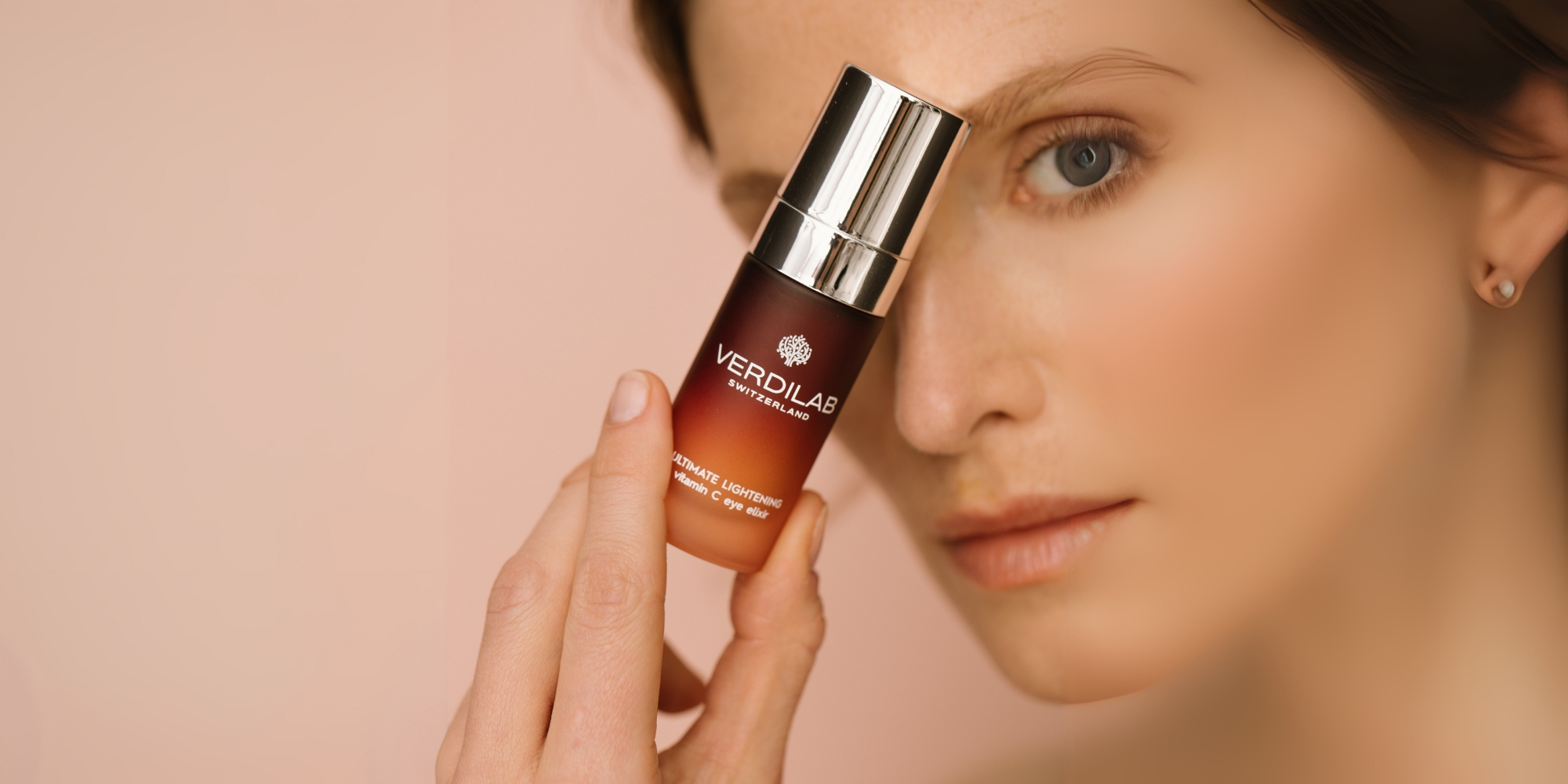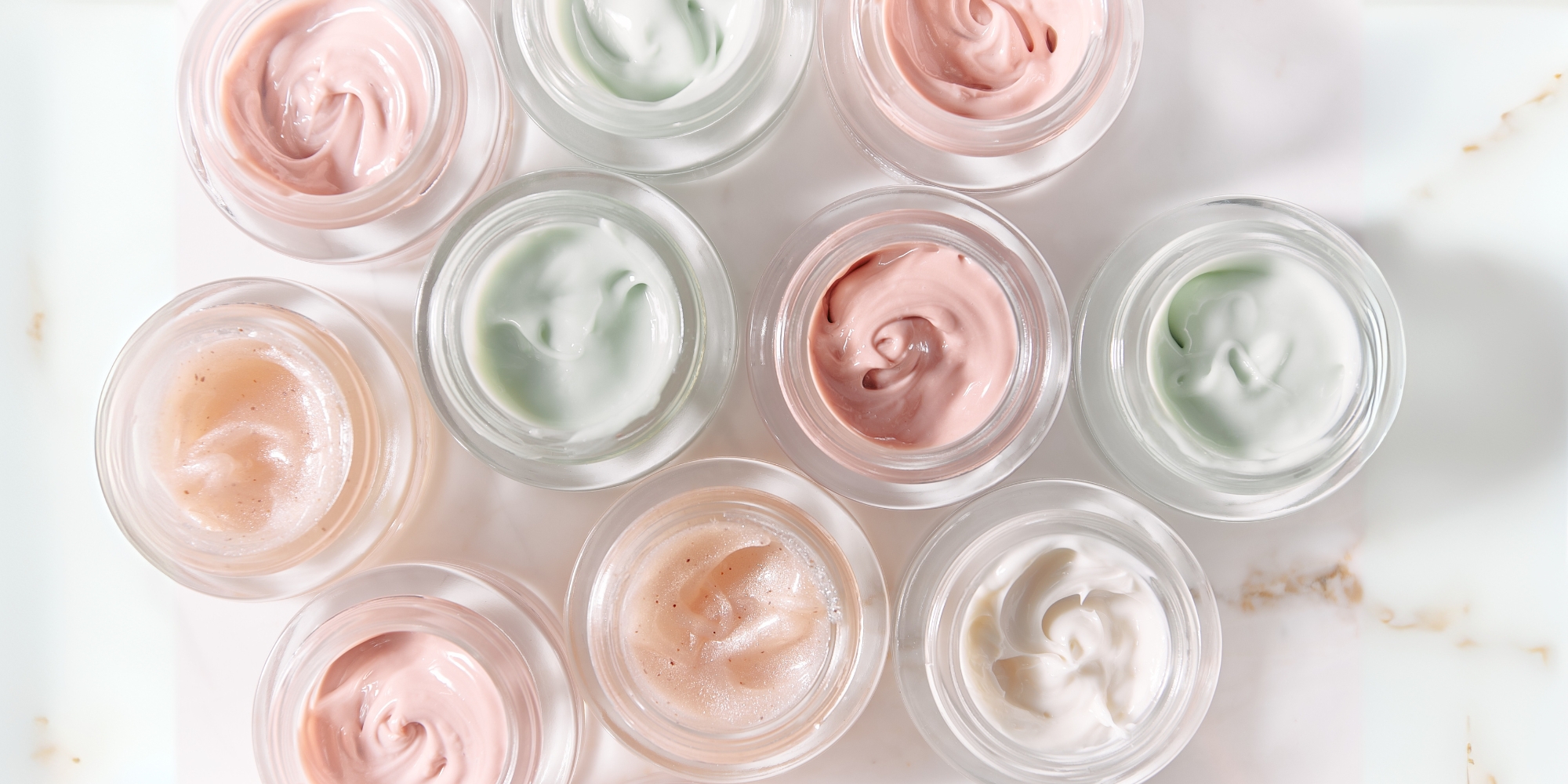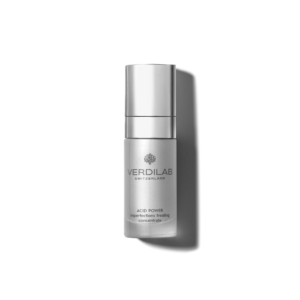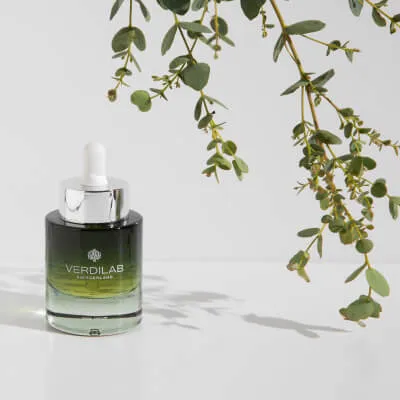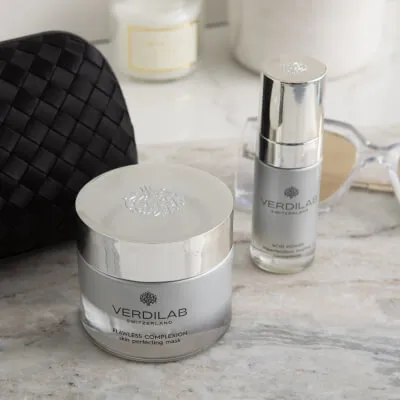Zinc PCA is an important skincare ingredient that combines zinc with pyrrolidone carboxylic acid (PCA). Known for its beneficial properties, it plays a significant role in treating various skin issues, especially acne. This article will explore what Zinc PCA is, how it works, its benefits for the skin, and its applications in skincare products.
Key Takeaways
- Zinc PCA helps reduce oil production, making it great for oily skin.
- It has anti-inflammatory properties that can soothe irritated skin.
- This ingredient also fights bacteria that cause acne, helping to prevent breakouts.
- Zinc PCA is safe for all skin types, including sensitive skin.
- It can be found in many skincare products like creams, serums, and cleansers.
Understanding Zinc PCA
Definition and Composition
Zinc PCA is a compound that combines the essential mineral zinc with pyrrolidone carboxylic acid (PCA). This unique combination offers a plethora of benefits for skin health. Zinc PCA is a water-soluble zinc salt derived from PCA, which is a naturally occurring amino acid found in the skin. It plays a crucial role in maintaining skin hydration and regulating oil production.
Chemical Properties
Zinc PCA has several notable chemical characteristics:
- Solubility: It is soluble in water and hydroalcoholic solutions but insoluble in oils.
- Molecular Weight: 321.6 g/mol.
- Recommended pH: 4.0 – 6.0.
| Property | Value |
|---|---|
| Solubility | Water-soluble |
| Molecular Weight | 321.6 g/mol |
| Recommended pH | 4.0 – 6.0 |
Natural Occurrence in the Body
Zinc is a trace element naturally present in the body, essential for various biological functions. It is involved in:
- Immune response regulation
- Wound healing
- Skin health maintenance
Zinc PCA is not just a skincare ingredient; it is vital for overall skin health and function. Its presence in the body helps to reduce inflammation and supports the healing process.
In summary, Zinc PCA is a powerful ingredient that combines the benefits of zinc with PCA, making it effective for various skin types, especially oily and acne-prone skin. Its unique properties make it a valuable addition to skincare formulations.
Mechanism of Action of Zinc PCA

Interaction with Skin Cells
Zinc PCA interacts with skin cells primarily through its zinc ions, which are crucial for various cellular functions. These ions help regulate cellular activity, promoting healing and reducing inflammation. The presence of PCA enhances the absorption of zinc, making it more effective in skin treatments.
Sebum Regulation
One of the key benefits of Zinc PCA is its ability to regulate sebum production. It works by:
- Reducing excess oil on the skin surface.
- Minimizing the size of sebaceous glands, which are responsible for oil production.
- Balancing moisture levels, preventing both dryness and excessive oiliness.
This regulation is particularly beneficial for individuals with oily or acne-prone skin, as it helps to prevent breakouts.
Antimicrobial Activity
Zinc PCA exhibits strong antimicrobial properties, particularly against acne-causing bacteria. Research indicates that it:
- Inhibits the growth of Propionibacterium acnes, a primary contributor to acne.
- Reduces inflammation associated with bacterial infections.
- Supports the skin’s natural barrier, enhancing overall skin health.
Zinc PCA not only helps in controlling acne but also plays a role in wound healing and skin repair, making it a versatile ingredient in dermatological treatments.
In summary, the mechanism of action of Zinc PCA involves a combination of cellular interaction, sebum regulation, and antimicrobial activity, making it a valuable component in skincare formulations aimed at improving skin health and appearance.

Benefits of Zinc PCA for Skin
Zinc PCA is a powerful ingredient that offers numerous advantages for skin health. It is particularly effective for oily and acne-prone skin. This compound combines the benefits of zinc with those of pyrrolidone carboxylic acid (PCA), making it a versatile choice in skincare formulations.
Anti-Inflammatory Properties
- Reduces redness and irritation associated with acne.
- Helps calm inflamed skin, promoting a more even complexion.
- Supports the healing process of blemishes and breakouts.
Antioxidant Effects
- Protects skin from oxidative stress caused by free radicals.
- Aids in preventing premature aging by combating collagen degradation.
- Enhances skin’s natural defenses against environmental damage.
Moisturizing Benefits
- PCA is a natural moisturizing factor that helps retain skin hydration.
- Reduces transepidermal water loss, keeping the skin supple.
- Suitable for various skin types, including oily, dry, and sensitive skin.
| Benefit | Description |
|---|---|
| Anti-Inflammatory | Reduces redness and irritation, promoting healing. |
| Antioxidant | Protects against free radicals, preventing premature aging. |
| Moisturizing | Retains hydration, suitable for all skin types. |
Zinc PCA is an all-rounder, making it beneficial for various skin types, including oily and sensitive skin. Its unique properties help regulate oil production while providing essential moisture.

Zinc PCA in Acne Treatment
Reduction of Sebum Production
Zinc PCA is known for its ability to reduce sebum production, making it particularly beneficial for individuals with oily skin. This property helps in minimizing the occurrence of acne by preventing clogged pores. Research indicates that zinc ions play a crucial role in regulating oil levels, which is essential for maintaining clear skin.
Anti-Bacterial Properties
The anti-bacterial properties of Zinc PCA are significant in acne treatment. It effectively combats the bacteria that contribute to acne formation, such as Propionibacterium acnes. By inhibiting these bacteria, Zinc PCA helps in reducing inflammation and the severity of breakouts.
Clinical Studies and Evidence
Several clinical studies have demonstrated the effectiveness of Zinc PCA in treating acne. For instance, a study published in the Journal of Dermatological Treatment found that topical applications of Zinc PCA significantly reduced acne lesions in participants. The following table summarizes key findings from various studies:
| Study | Participants | Treatment Duration | Results |
|---|---|---|---|
| Jarrousse et al. (2007) | 50 | 8 weeks | 40% reduction in acne lesions |
| Nitzan & Cohen (2006) | 30 | 12 weeks | 50% improvement in skin clarity |
| Smith et al. (2010) | 40 | 6 weeks | 30% decrease in sebum production |
Zinc PCA not only helps in treating existing acne but also plays a preventive role by maintaining skin health and balance.
In conclusion, Zinc PCA is a versatile ingredient in acne treatment, offering multiple benefits such as reducing sebum production, exhibiting anti-bacterial properties, and being supported by clinical evidence. Its effectiveness makes it a valuable addition to skincare products aimed at combating acne.

Zinc PCA for Different Skin Types
Oily Skin
Zinc PCA is particularly beneficial for oily skin due to its ability to regulate sebum production. It helps to reduce excess oil, which can lead to breakouts. The antimicrobial properties of Zinc PCA also assist in preventing acne by inhibiting the growth of bacteria on the skin.
Dry Skin
For those with dry skin, Zinc PCA offers moisturizing benefits. It binds water in the skin, helping to maintain hydration levels. This is crucial for preventing transepidermal water loss, which can exacerbate dryness. Products containing Zinc PCA can provide a soothing effect, making them suitable for sensitive skin types as well.
Sensitive Skin
Zinc PCA is known for its anti-inflammatory properties, making it a safe choice for sensitive skin. It can help calm redness and irritation, providing relief for conditions like rosacea. Its natural occurrence in the body means it is generally well-tolerated, reducing the risk of adverse reactions.
| Skin Type | Benefits of Zinc PCA |
|---|---|
| Oily Skin | Reduces sebum production, prevents acne |
| Dry Skin | Moisturizes, prevents water loss |
| Sensitive Skin | Calms irritation, reduces redness |
Zinc PCA is an all-rounder that can be effectively used on various skin types, making it a versatile ingredient in skincare formulations.
Safety and Side Effects of Zinc PCA
General Safety Profile
Zinc PCA is generally considered safe for topical use. It is a combination of zinc and pyrrolidone carboxylic acid, which occurs naturally in the body. Most individuals can use it without experiencing adverse effects. However, it is essential to monitor skin reactions, especially for those with sensitive skin.
Potential Side Effects
While Zinc PCA is safe for most, some users may experience:
- Skin irritation: Redness or itching may occur, particularly in sensitive individuals.
- Allergic reactions: Rarely, some may develop an allergy, leading to rashes or swelling.
- Gastrointestinal issues: Taking excessive zinc orally (over 30 mg per day) can lead to nausea and upset stomach.
| Side Effect | Severity Level | Notes |
|---|---|---|
| Skin Irritation | Low | Common in sensitive skin types |
| Allergic Reactions | Low | Rare but possible |
| Gastrointestinal Issues | Moderate | Linked to excessive oral intake |
Contraindications
Zinc PCA does not have significant contraindications. However, it is advisable to discontinue use if discomfort arises. Pregnant individuals should consult healthcare providers before use, as a precautionary measure.
Zinc PCA is a versatile ingredient that can benefit various skin types, but it is crucial to be aware of individual reactions to ensure safe usage.
Comparative Analysis with Other Zinc Compounds
Zinc Sulfate
Zinc sulfate is a common zinc compound used in various applications, including skincare. It is known for its antimicrobial properties and is often used to treat acne. However, it can be irritating to some skin types, especially when used in higher concentrations.
Zinc Oxide
Zinc oxide is another widely used zinc compound, primarily known for its sunscreen properties. It acts as a physical barrier against UV rays and has soothing effects on the skin. Unlike Zinc PCA, it does not have the same moisturizing benefits and can be drying for some users.
Zinc Gluconate
Zinc gluconate is a more bioavailable form of zinc, often used in dietary supplements. It has been shown to have anti-inflammatory effects and can help in wound healing. However, it is less commonly found in topical skincare products compared to Zinc PCA.
| Compound | Key Properties | Common Uses | Skin Compatibility |
|---|---|---|---|
| Zinc PCA | Sebum regulation, moisturizing | Acne treatments | All skin types |
| Zinc Sulfate | Antimicrobial, potential irritation | Acne treatments | Sensitive skin |
| Zinc Oxide | UV protection, soothing | Sunscreens, diaper rash | Oily skin |
| Zinc Gluconate | Anti-inflammatory, wound healing | Supplements | All skin types |
Conclusion
Zinc PCA stands out among these compounds due to its unique combination of moisturizing and sebum-regulating properties, making it suitable for various skin types, especially oily and acne-prone skin. Its ability to provide hydration while controlling oil production is a significant advantage over other zinc compounds.
Zinc PCA is a versatile ingredient that not only helps in treating acne but also supports overall skin health by maintaining moisture levels and reducing inflammation.

Future Directions in Zinc PCA Research
Emerging Applications
Research on Zinc PCA is expanding beyond traditional skincare. Future studies may explore its potential in:
- Biomimetic surface nanoengineering for improved skin compatibility.
- Specific medicine applications in treating various skin conditions.
- Combination therapies with other bioactive ingredients to enhance efficacy.
Ongoing Clinical Trials
Several clinical trials are currently investigating:
- The effectiveness of Zinc PCA in reducing inflammation in chronic skin conditions.
- Its role in preventing skin aging by protecting collagen from UV damage.
- The impact of Zinc PCA on skin hydration and moisture retention.
Potential for New Formulations
The future of Zinc PCA may include:
- Development of eco-friendly formulations that utilize its properties.
- Innovations in delivery systems to enhance absorption and effectiveness.
- Exploration of its synergistic effects with other natural ingredients for comprehensive skincare solutions.
Zinc PCA is not just a skincare ingredient; it represents a promising frontier in dermatological research, with implications for both health and beauty industries.
Environmental Impact of Zinc PCA
Biodegradability
Zinc PCA is generally considered to be biodegradable, which means it can break down naturally in the environment. This property is crucial for reducing long-term ecological impacts. Studies indicate that 86%, 84%, and 80% of the ecological burdens of zinc, nickel, and copper are considered insignificant, suggesting that zinc compounds like Zinc PCA may have a low environmental footprint.
Eco-Friendly Formulations
The formulation of products containing Zinc PCA often emphasizes eco-friendliness. Many brands are moving towards using plant-based ingredients and minimizing harmful additives. This shift is essential for protecting wildlife and promoting a healthier ecosystem. Key points include:
- Use of natural sources for PCA, such as beet molasses.
- Reduction of plastic in packaging to minimize waste.
- Transparency in ingredient sourcing to ensure sustainability.
Regulatory Considerations
Regulatory bodies are increasingly scrutinizing the environmental impact of cosmetic ingredients. Zinc PCA is generally recognized as safe, but ongoing assessments are necessary to ensure it meets environmental standards. Important considerations include:
- Monitoring heavy metal levels in soil and water to prevent contamination.
- Evaluating the impact of zinc on plant health, as heavy metals present in soil can damage plant roots.
- Ensuring that products do not contribute to the accumulation of harmful substances in ecosystems.
The use of Zinc PCA in skincare not only benefits the skin but also aligns with a growing commitment to environmental sustainability. By choosing biodegradable and eco-friendly formulations, consumers can contribute to a healthier planet.
Zinc PCA is a powerful ingredient that helps keep our skin healthy and balanced. It not only fights acne but also protects the environment by being biodegradable. If you want to learn more about how Zinc PCA can benefit your skin and the planet, visit our website for more information!

Conclusion
In summary, Zinc PCA is a beneficial ingredient for skin health, particularly for those dealing with acne and oily skin. It combines the advantages of zinc and PCA, making it effective in reducing oil production and fighting bacteria that cause breakouts. Additionally, it helps to soothe inflammation and supports skin healing. Its ability to retain moisture also makes it suitable for various skin types, including sensitive skin. Overall, Zinc PCA stands out as a versatile and safe option in skincare, promoting clearer and healthier skin.
Frequently Asked Questions
What is Zinc PCA?
Zinc PCA is a special form of zinc that is good for your skin. It helps with acne and controls oil.
How does Zinc PCA work?
It works by reducing oil production and fighting bacteria that cause acne.
Is Zinc PCA safe for all skin types?
Yes, it is safe for oily, dry, and sensitive skin.
What are the benefits of using Zinc PCA?
It can help reduce redness, heal the skin, and keep it moisturized.
Can Zinc PCA help with acne?
Yes, it can reduce breakouts and calm inflammation.
Are there any side effects of Zinc PCA?
Generally, it is safe, but some people may experience mild irritation.
How is Zinc PCA used in skincare products?
You can find it in creams, serums, and cleansers designed for acne-prone skin.
Is Zinc PCA different from regular zinc?
Yes, Zinc PCA is a compound that combines zinc with PCA, making it more effective for skincare.
